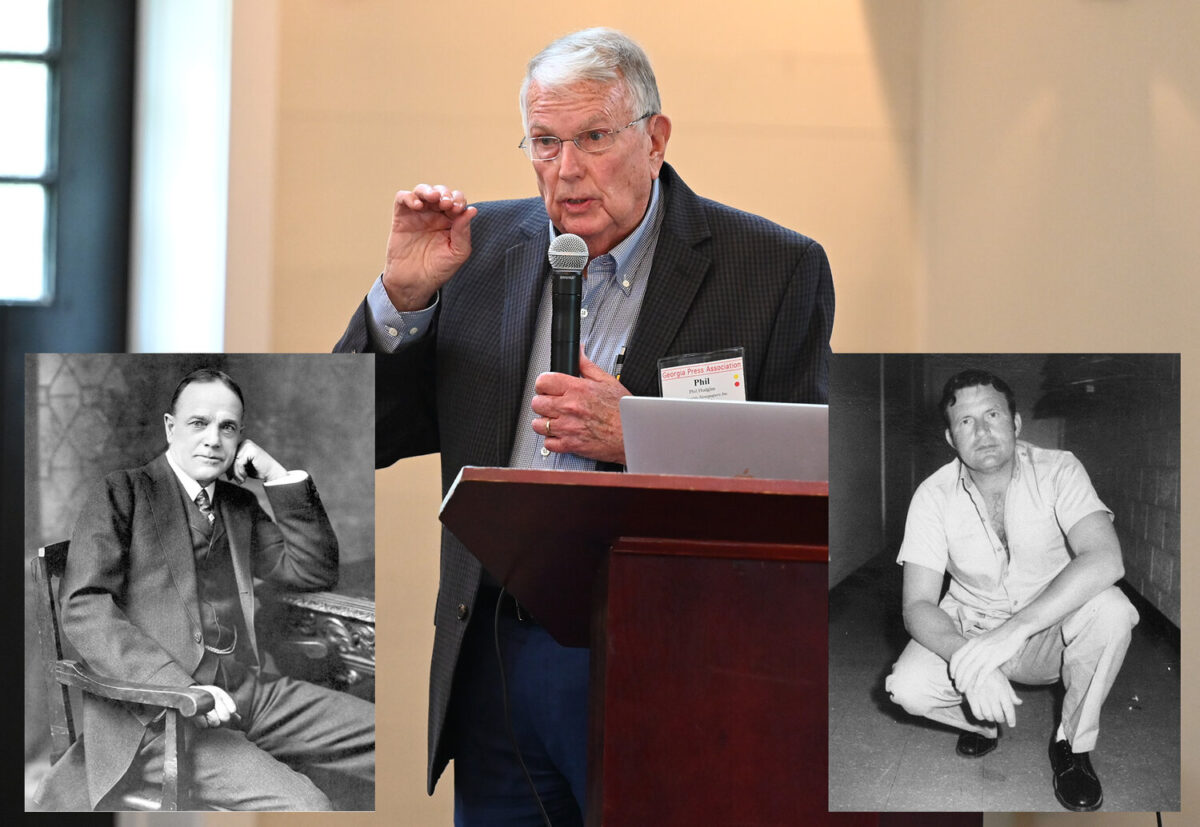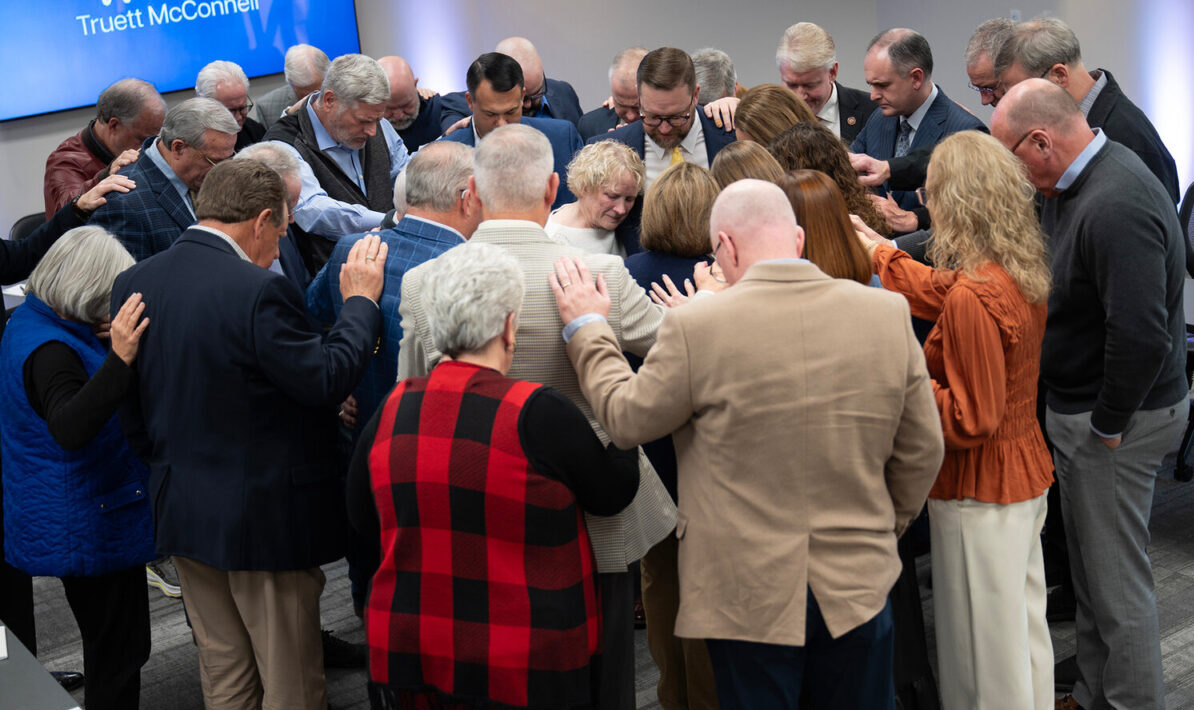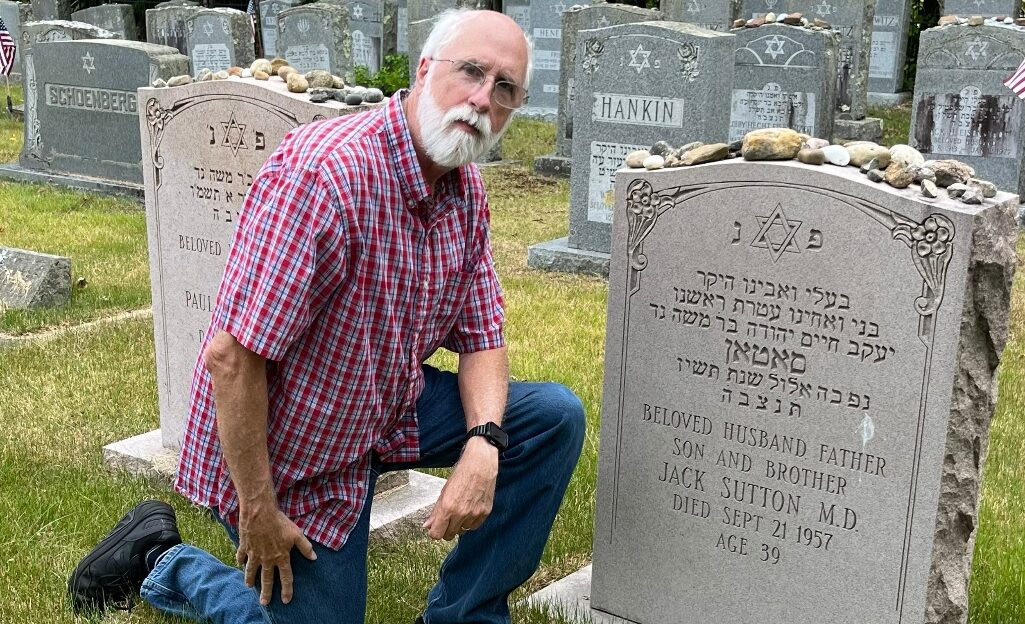Billy Sunday Birt didn’t live up to his namesake, the famed evangelist who impacted countless lives in the early 1900s through his powerful preaching.
Birt, the reputed leader of the Dixie Mafia operating out of northeast Georgia in the 1960s and 70s, had been convicted in three murders, although authorities suspect he may have killed more than 50 people.
Journalist Phil Hudgins and Birt’s wife, Ruby Nell Birt, teamed up to tell Birt’s story in the true crime account “Grace and Disgrace,” which chronicles the life of a man who fell far short of the respected gospel preacher his parents had named him after.
“The name didn’t take,” Hudgins said.
Conflicted
The original Billy Sunday was a professional baseball player-turned-evangelist who was the Billy Graham of the early 1900s, traveling the country telling people about Jesus.
In his research, Hudgins discovered that Birt apparently found redemption thanks to the ministry of a member of Gideons International — the late Charles Bryant Skelton — who had been a family practitioner in Winder, about 50 miles northeast of Atlanta. Skelton explained the gospel to Birt through letters he sent to him in prison.
Ruby Nell Birt described her husband as a conflicted man: A hardened killer who was known to buy groceries for the elderly and give money to needy children.
“All I can say is what I’ve always said: ‘He was two people in one,’” she says in the novel.
Hudgins noted Birt was born into poverty in the southern Appalachians where he turned to crime to support himself and his family.
“Billy Birt was, without a doubt, one of the most prolific killers in the history of our country,” said retired Georgia Bureau of Investigation agent Bob Ingram in an interview with the Atlanta Journal-Constitution last year.
In the book, Hudgins writes about Skelton’s letter in which he assured Birt that God was willing to forgive his sins, just as He had done for others throughout Bible history.
“Thanks for taking the time to write me,” Birt wrote in response. “That was the most beautiful letter, and you made so much sense. You wrote it so such a fool like myself can understand what you mean.”
‘No one is beyond redemption’
After receiving the letter Hudgins noted Birt started reading the Bible, at first in an attempt to prove Skelton wrong.
“He couldn’t believe that God could forgive a man like him,” Hudgins writes. “Surely Doc was wrong. God cannot — does not — forgive mass murderers. In the end, however, the Bible proved Doc right. God can forgive even the vilest offender, even a murderer. No one is beyond redemption through Christ, not even Billy Sunday Birt.”
Some years later, Hudgins writes, Birt was baptized, courtesy of a sheriff who played a part in leading him to Christ.
Hudgins described Birt, who died in prison, as a highly intelligent man.
“He used his intelligence for all the wrong reasons,” Hudgins writes. “He was guilty of many horrible criminal acts, but, at the end, he was a believer in Jesus Christ and was not condemned.”
EDITOR’S NOTE — This story was written by Roger Alford and originally published by the Christian Index.










